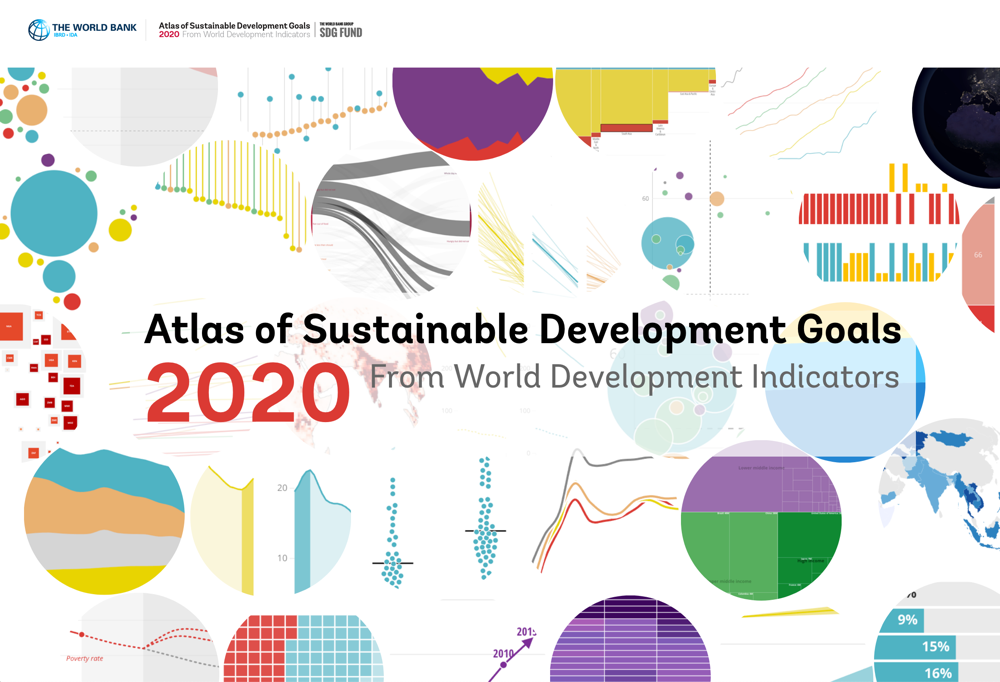This book chapter advances SDG 3 and 10 by highlighting themes related to child and adolescent mental health (CAMH) care in East Asia, Southeast Asia, and Pacific Islands world regions. This chapter provides a narrative review of prevalence studies conducted in the regions targeted in this chapter, emphasize the magnitude of the CAMH workforce challenges, describe the importance of considering and addressing the acculturative and socioeconomic challenges that lead to CAMH disparities, and provide solutions and recommendations for the future.
Background: Hepatitis B causes more than 800 000 deaths globally each year. Perinatal infections are a major driver of this burden but can be prevented by vaccination within 24 h of birth. Currently, only 44% of newborn babies in low-income and middle-income countries (LMICs) receive a timely birth dose. We investigated the effects and cost-effectiveness of implementing ambient storage of hepatitis B vaccines under a controlled temperature chain (CTC) protocol and the use of compact prefilled auto-disable (CPAD) devices for community births.
This book chapter addresses SDG 3 and 5 by explaining that there are substantial differences between female and male patients in physiology, pathology triggering factors, disease progression, clinical approaches and treatment outcome, providing a comprehensive examination and investigation into all aspects of sex differences in cardiac electrophysiology.
This book chapter addresses SDG goals 3 and 5 by explaining how patients' and physicians' education and recruitment strategies can improve to bolster women's enrollment in clinical trials.
The sixth RELX SDG Inspiration Day took place on Wednesday 24 June 2020 with nearly 400 representatives from business, NGOs, academia and civil society. The Inspiration Day gave hope that, although the pandemic has created significant barriers to meeting the SDGs by 2030, global collaboration is our best bet for overcoming them.
This chapter supports SDG 3 by looking at how artificial intelligence (AI) can provide substantial improvements in all areas of healthcare from diagnostics to treatment.
Elsevier,
Rosenberg's Molecular and Genetic Basis of Neurological and Psychiatric Disease (Sixth Edition), Volume 1, 2020, Pages 283-297
This chapter addresses Goal 3 by discussing the genetic relationship between Alzheimer's disease and Down Syndrome.
Neurodegenerative diseases (NDD) such as Alzheimer's (AD) and Parkinson's disease (PD) are distinct clinical entities; however, the aggregation of key neuronal proteins, presumably leading to neuronal demise appears to represent a common mechanism. It has become evident that advanced glycation end products (AGEs) trigger the accumulation of such modified proteins, which eventually contributes to the pathological aspect of NDDs. Increased levels of AGEs are found in amyloid plaques in AD brains and in both advanced and early PD (incidental Lewy body disease). The molecular mechanisms by which AGE dependent modifications may modulate the susceptibility towards NDDs, however, remain enigmatic and it is unclear whether AGEs may serve as biomarker of NDD. This study detected differential associations between NDD, sex and oxidative stress markers.
This book chapter advances SDGs 3 and 10 by explaining how individuals with diabetes who are of lower socioeconomic status are more likely to have poorer diabetes-related outcomes. Digital health advancements provide unique opportunities to reduce health inequities for this high-risk group.
Partner content
The Atlas of Sustainable Development Goals 2020 presents interactive storytelling and data visualizations about the 17 Sustainable Development Goals. It highlights trends for selected targets within each goal and introduces concepts about how some SDGs are measured. Where data is available, it also highlights the emerging impact of the COVID-19 pandemic on the SDGs.


